The key findings of Ofsted’s survey on sexual harassment in schools
Watchdog says that most girls and half of boys have been sent explicit pictures
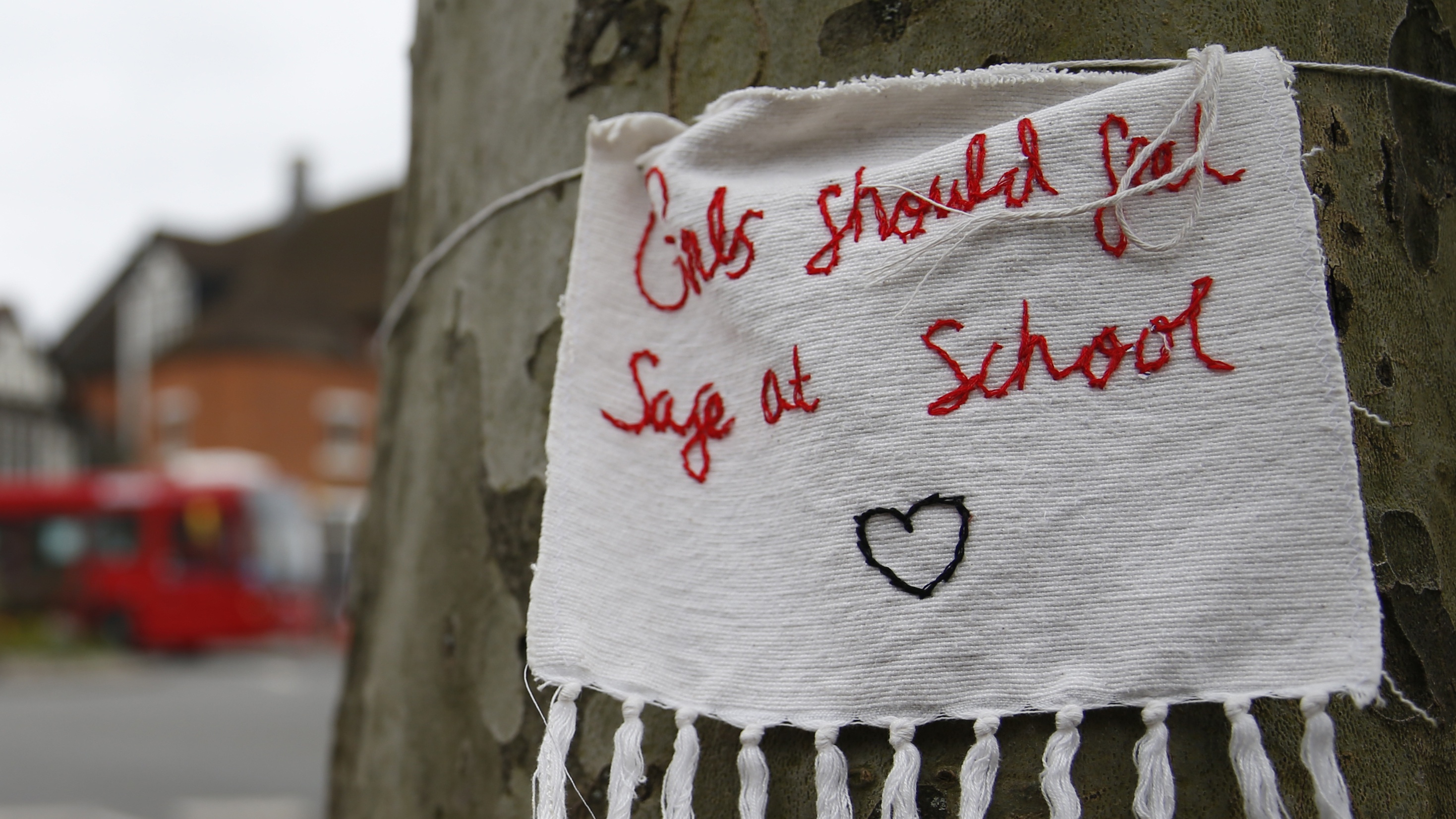
A free daily email with the biggest news stories of the day – and the best features from TheWeek.com
You are now subscribed
Your newsletter sign-up was successful
Sexual harassment and online sexual abuse have become “normalised” among schoolchildren, according to a report by Ofsted.
The schools watchdog’s chief inspector Amanda Spielman said she was “shocked” by the scale of the abuse happening in schools and colleges, which has led young girls to feel “they have to accept sexual harassment as part of growing up”.
“Whether it’s happening at school or in their social life, they simply don’t feel it’s worth reporting,” she said.
The Week
Escape your echo chamber. Get the facts behind the news, plus analysis from multiple perspectives.

Sign up for The Week's Free Newsletters
From our morning news briefing to a weekly Good News Newsletter, get the best of The Week delivered directly to your inbox.
From our morning news briefing to a weekly Good News Newsletter, get the best of The Week delivered directly to your inbox.
Of more than 900 young people quizzed in focus groups, 90% of schoolgirls and half of all male pupils said that being sent explicit pictures or videos, known as “nudes”, happened “a lot” or “sometimes”, according to Ofsted’s review.
Inspectors were also told that boys talk about “nudes” they have and share them among themselves “like a collection game” on social media platforms such as WhatsApp and Snapchat.
Schoolchildren reported to Ofsted that sexual harassment and name-calling had become “commonplace” and that adults often didn’t realise the prevalence of it both inside and outside school; teachers didn’t know the “reality” of their everyday lives, said some.
Pupils in many schools said that harmful sexual behaviour also happened at house parties and parks where there was no adult supervision and where drugs and alcohol were often present.
A free daily email with the biggest news stories of the day – and the best features from TheWeek.com
Some school governors spoke of a culture of “affluent neglect” and how some parents bought alcohol for their children to have parties while they were away. But the report also said it was “important to note” that “incidents of harmful sexual behaviour or unhealthy cultures were certainly not confined to ‘affluent’ children or young people”.
Some girls reported feeling “frustrated” that there wasn’t clear teaching on what constitutes acceptable and unacceptable behaviour, and many had turned to social media to educate each other. “It shouldn’t be our responsibility to educate boys,” one female school student told inspectors.
Indeed, the report found that many teachers didn’t feel prepared to teach outside of their specialism, or felt they lacked “knowledge on topics like consent, healthy relationships and sharing of sexual images”, while in other schools, little value was given to the teaching of RSHE (relationships, sex and health education).
Ofsted inspectors visited 32 state and private schools and spoke to more than 900 pupils. Spielman highlighted that these reports of sexual harassment and abuse weren’t isolated to just a few schools, but “was in all of them”.
The report recommends that schools assume sexual harassment and abuse is happening in their schools, even if they don’t think it’s an issue. Indeed, several local safeguarding partners – groups who oversee child protection and safeguarding in local schools – said that “sexual harassment was not a significant problem for schools and colleges in their local area”, a belief the report said “isn’t plausible”.
The Ofsted review came after thousands of testimonies about abuse were recorded on Everyone’s Invited, a website founded by 22-year-old Soma Sara, which aims to “expose the prevalence of rape culture across all of society”.
More than 15,000 testimonies have been shared on the site, many from current schoolchildren or recent leavers. Soma told Sky News that the report “reinforces the shocking reality that rape culture is everywhere, including all schools.
“The schools we should be worrying about are the schools not mentioned on Everyone’s Invited. Because it will be happening in those schools too, but they might not realise they have a problem,” she said.
In April, ministers also asked the charity, the NSPCC, to run an abuse in education helpline, which remains available until October.
As of Monday, the helpline had received 426 calls and helpline staff have made 80 referrals to external agencies, including the police or social services, reports the BBC.
Spielman said the scale of the abuse was “a cultural issue”. “[I]t’s about attitudes and behaviours becoming normalised, and schools and colleges can’t solve that by themselves.
“The government needs to look at online bullying and abuse, and the ease with which children can access pornography.
“But schools and colleges have a key role to play. They can maintain the right culture in their corridors, and they can provide relationship, sex and health education that reflects reality and equips young people with the information they need.”
Education Secretary Gavin Williamson said: “Ofsted’s review has rightly highlighted where we can take specific and urgent action to address sexual abuse in education.
“But there are wider societal influences at play, meaning schools and colleges cannot be expected to tackle these issues alone.”
Sorcha Bradley is a writer at The Week and a regular on “The Week Unwrapped” podcast. She worked at The Week magazine for a year and a half before taking up her current role with the digital team, where she mostly covers UK current affairs and politics. Before joining The Week, Sorcha worked at slow-news start-up Tortoise Media. She has also written for Sky News, The Sunday Times, the London Evening Standard and Grazia magazine, among other publications. She has a master’s in newspaper journalism from City, University of London, where she specialised in political journalism.
-
 Crisis in Cuba: a ‘golden opportunity’ for Washington?
Crisis in Cuba: a ‘golden opportunity’ for Washington?Talking Point The Trump administration is applying the pressure, and with Latin America swinging to the right, Havana is becoming more ‘politically isolated’
-
 5 thoroughly redacted cartoons about Pam Bondi protecting predators
5 thoroughly redacted cartoons about Pam Bondi protecting predatorsCartoons Artists take on the real victim, types of protection, and more
-
 Palestine Action and the trouble with defining terrorism
Palestine Action and the trouble with defining terrorismIn the Spotlight The issues with proscribing the group ‘became apparent as soon as the police began putting it into practice’
-
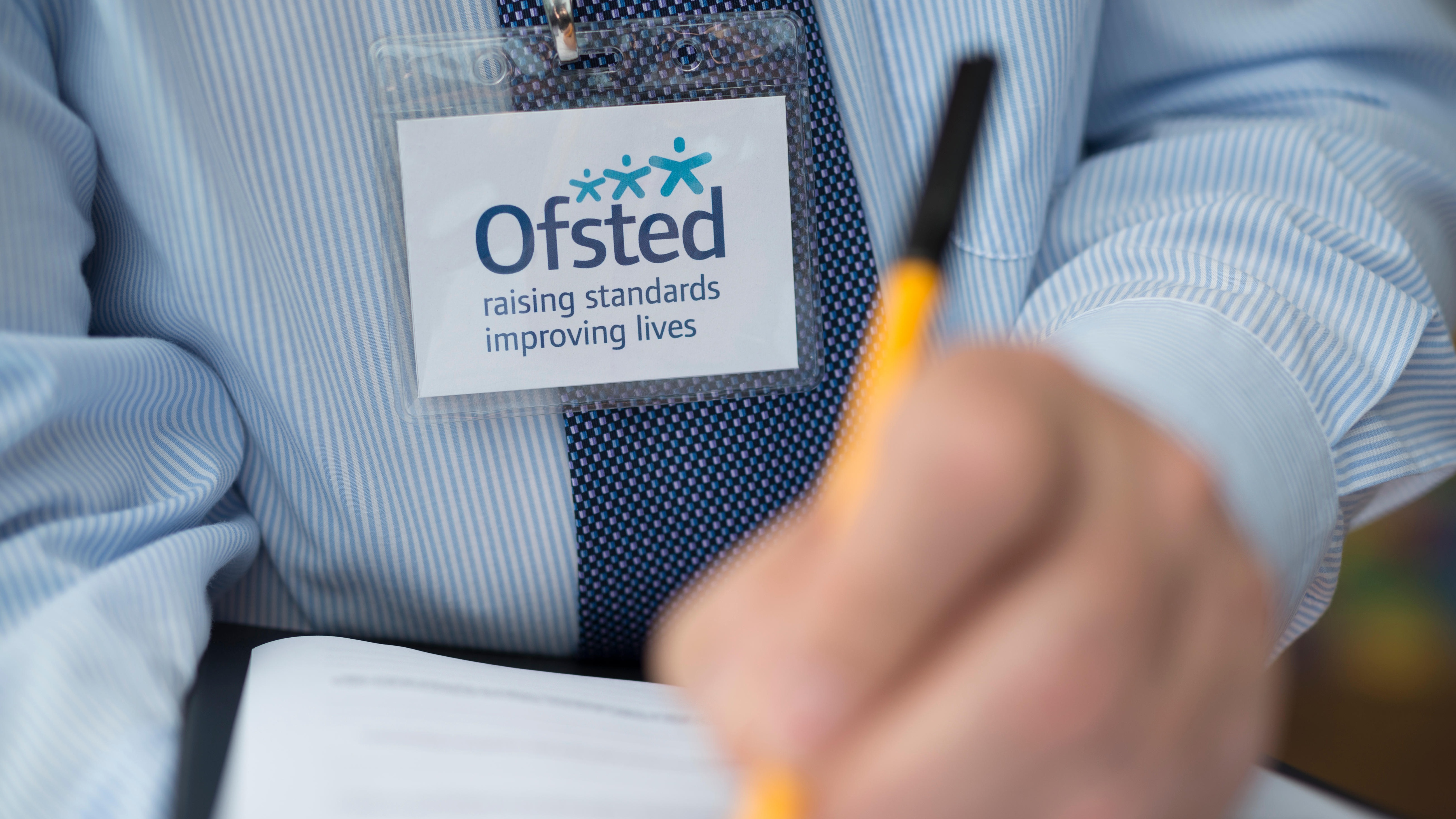 Does Ofsted require improvement?
Does Ofsted require improvement?In the Spotlight Most teachers think the education watchdog does not drive up standards
-
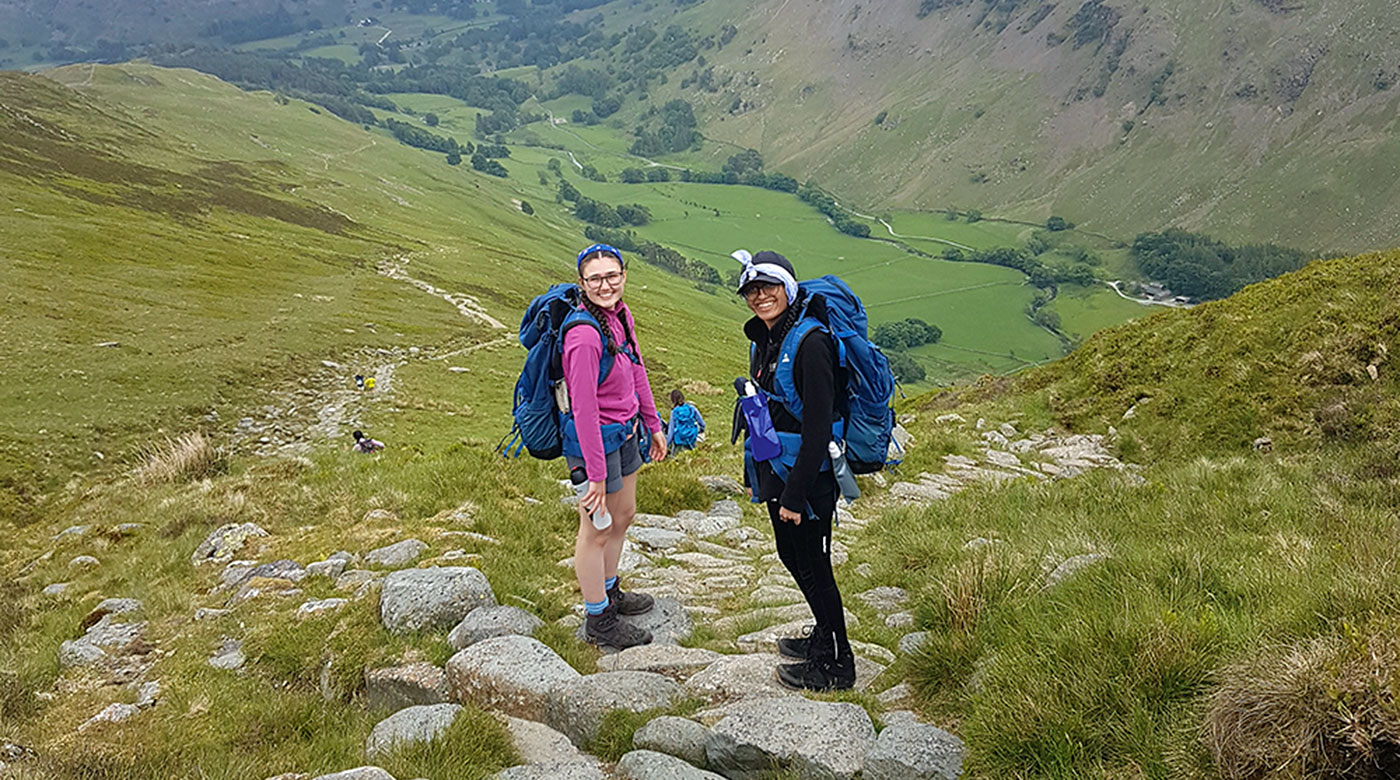 The Duke of Edinburgh Award: building confidence and resilience
The Duke of Edinburgh Award: building confidence and resilienceIn the Spotlight Confidence, independence and teamworking skills are just some of the benefits young people gain from doing the Duke of Edinburgh’s Award. Dorothy Lepkowska explains what it entails
-
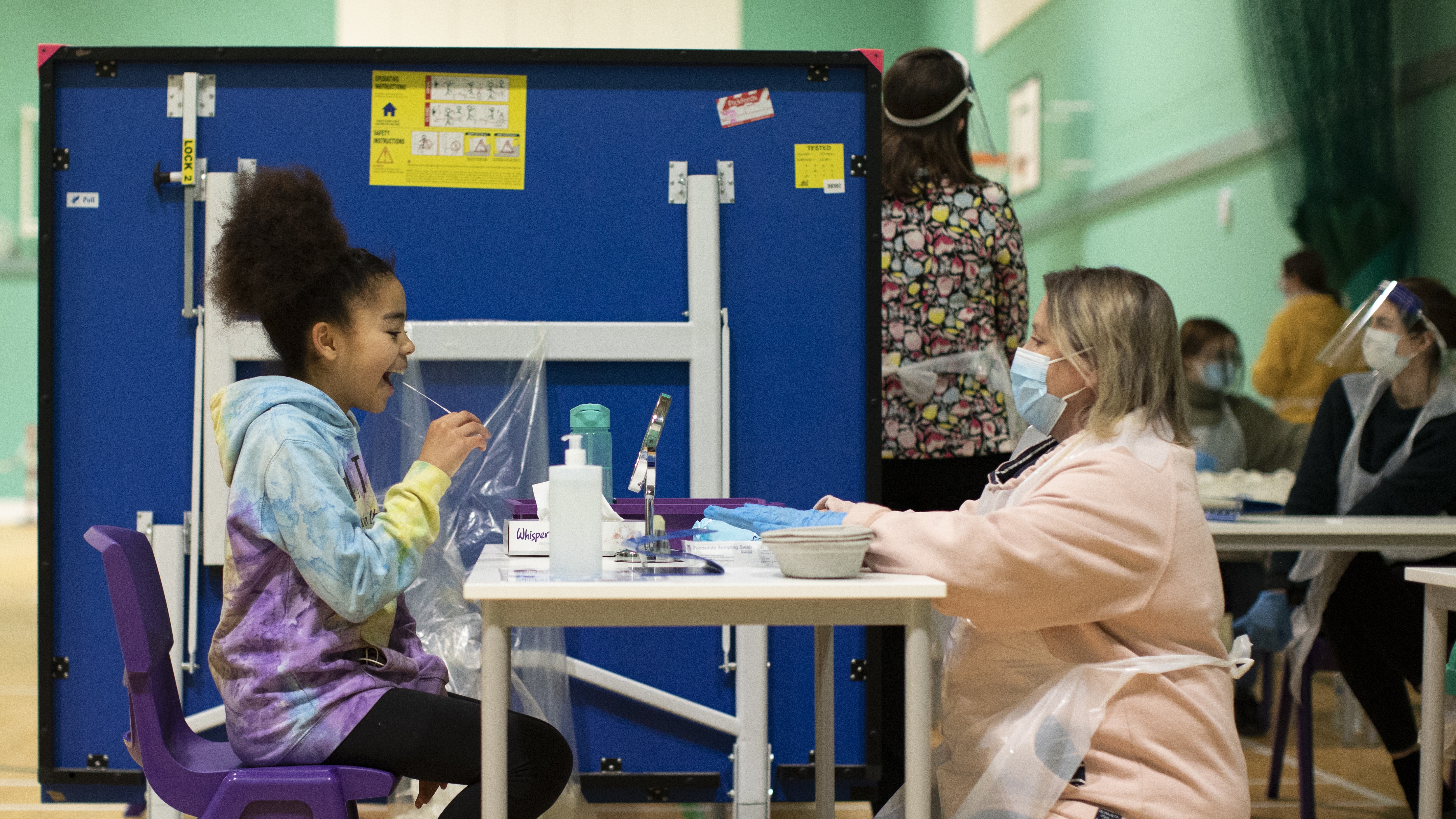 Will false-positive Covid tests slash school attendance?
Will false-positive Covid tests slash school attendance?In the Spotlight Experts fear that thousands of uninfected pupils may be sent home as a result of inaccurate lateral flow testing
-
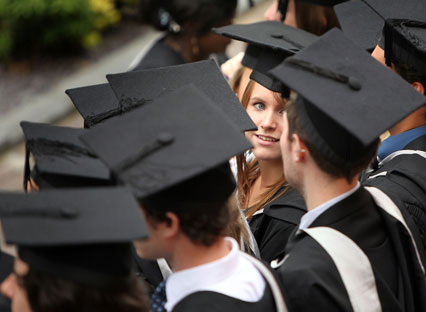 Two thirds of unis teach sexual consent to students
Two thirds of unis teach sexual consent to studentsSpeed Read Concern is rising over reports of sexual misconduct on UK campuses
-
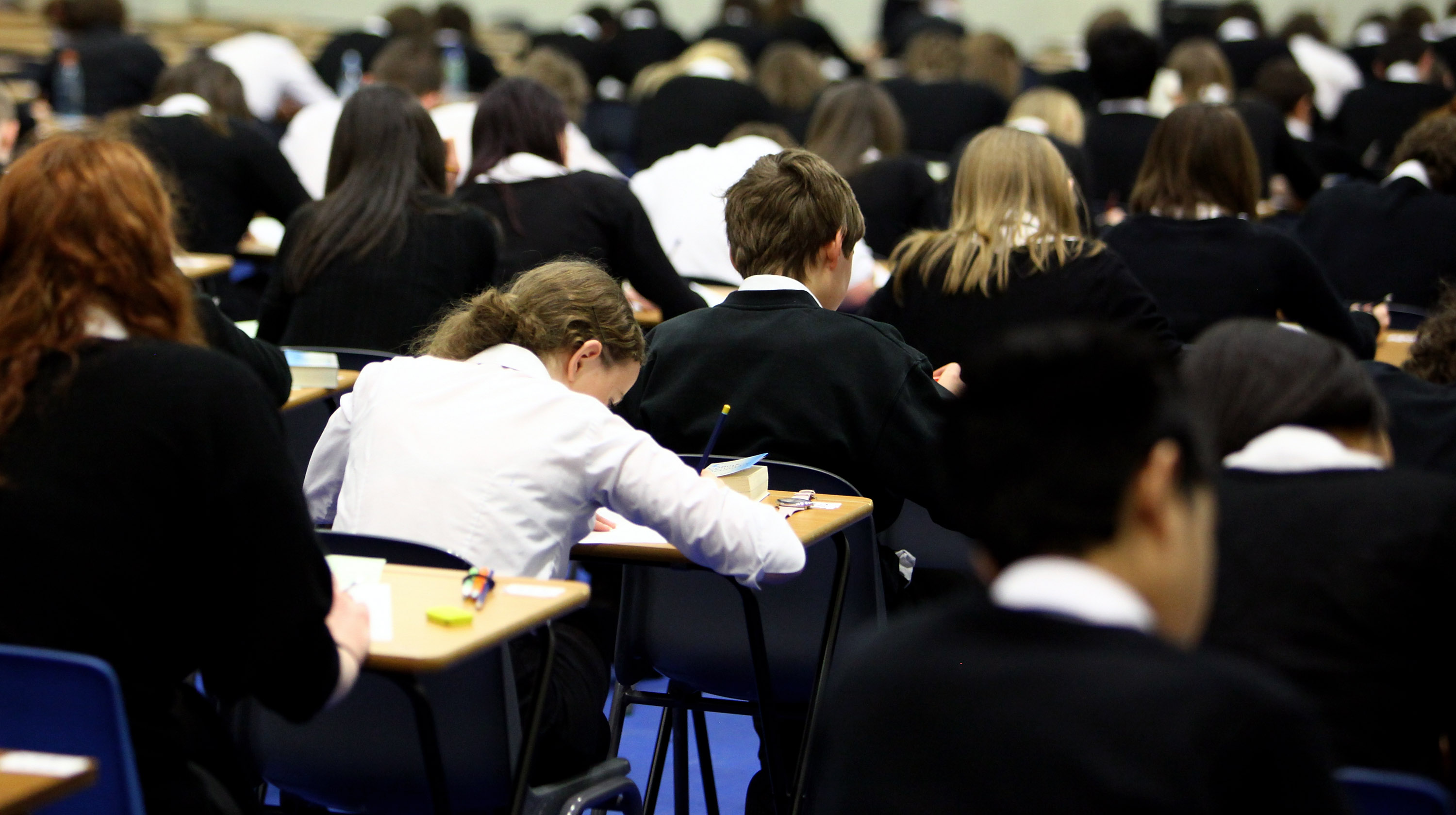 Boy who sexually assaulted classmate allowed to return to school
Boy who sexually assaulted classmate allowed to return to schoolSpeed Read Mother of victim says 15-year-old abuser ‘should not be allowed near my daughter or any woman’